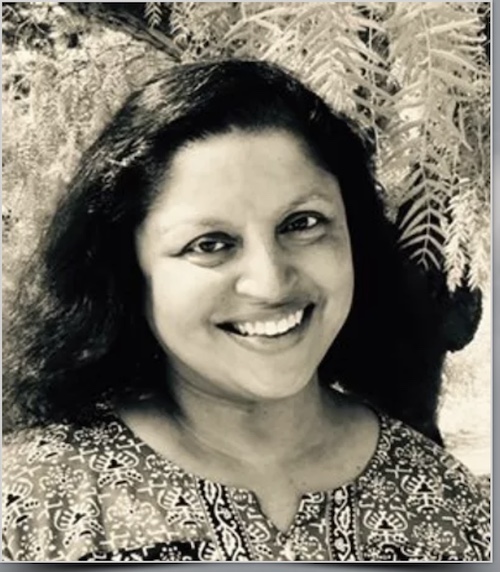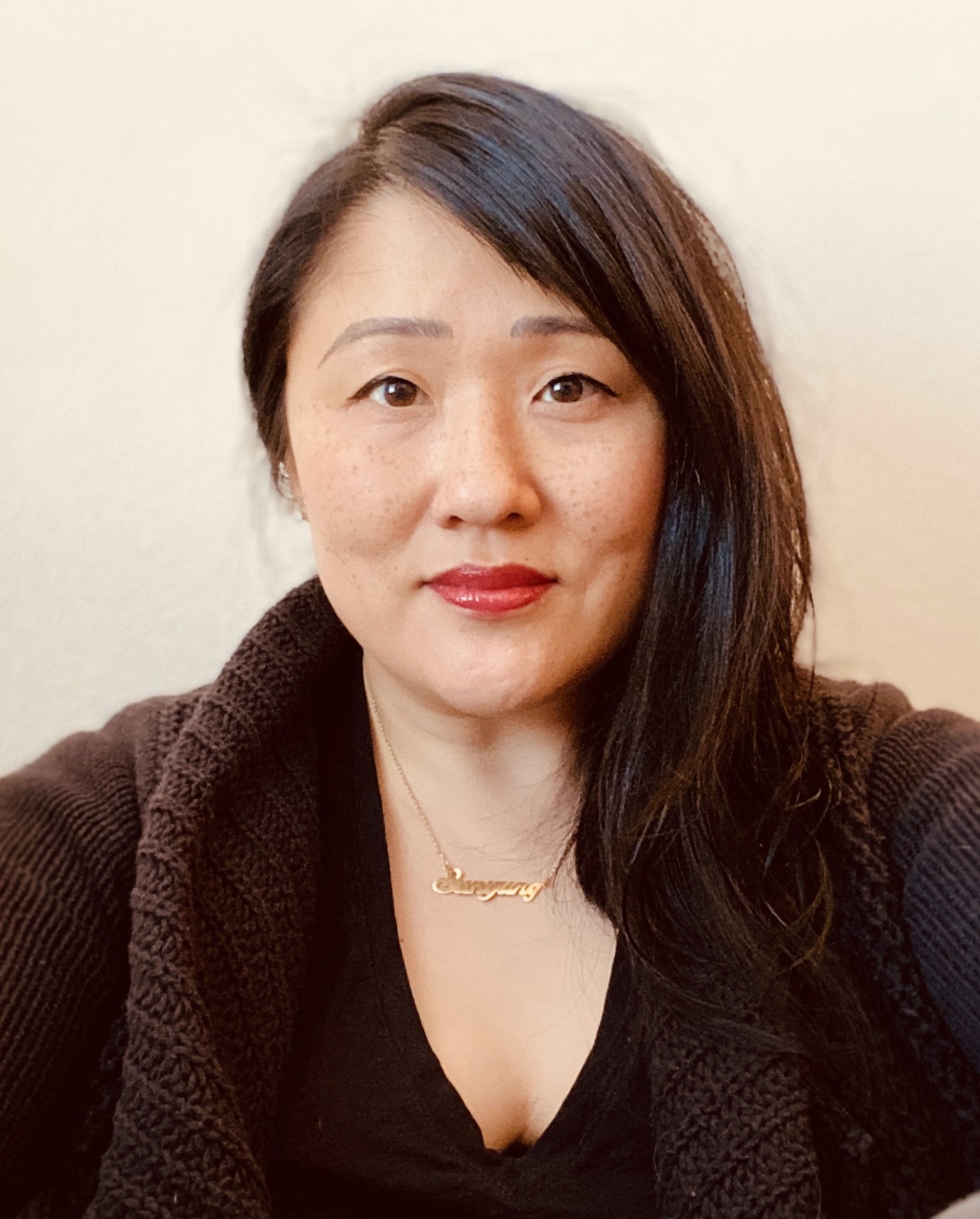Meet December’s Woman. Warrior. Writer. Devi S. Laskar!
How did you come to author your life?
I credit my stubborn streak. I’ve been writing for a very long time. In 2010, through no fault of my own, I lost the bulk of my work. I had to start over. Although many people discouraged me from pursuing a writing life (in light of the real world problems that plagued my family and me) a few encouraged me to keep going — including my family. I have built back my writing life word by word, determined that no one was going to make decisions for me ever again.
Devi S. Laskar is a poet, novelist, essayist, photographer, artist, former newspaper reporter and TarHeel basketball fan. She is the author of award-winning The Atlas of Reds and Blues. Her second novel, Circa was published by Mariner Books and selected as the June 2022 Goop Book Club pick (founded by Gwyneth Paltrow). Her third novel, Midnight, At The War will be published by Mariner in 2024. She holds degrees from Columbia University, University of Illinois and UNC-CH. A native of Chapel Hill, N.C., she now lives in California with her family. You can learn more at devislaskar.com and follow her on IG and Twitter: @devislaskar

